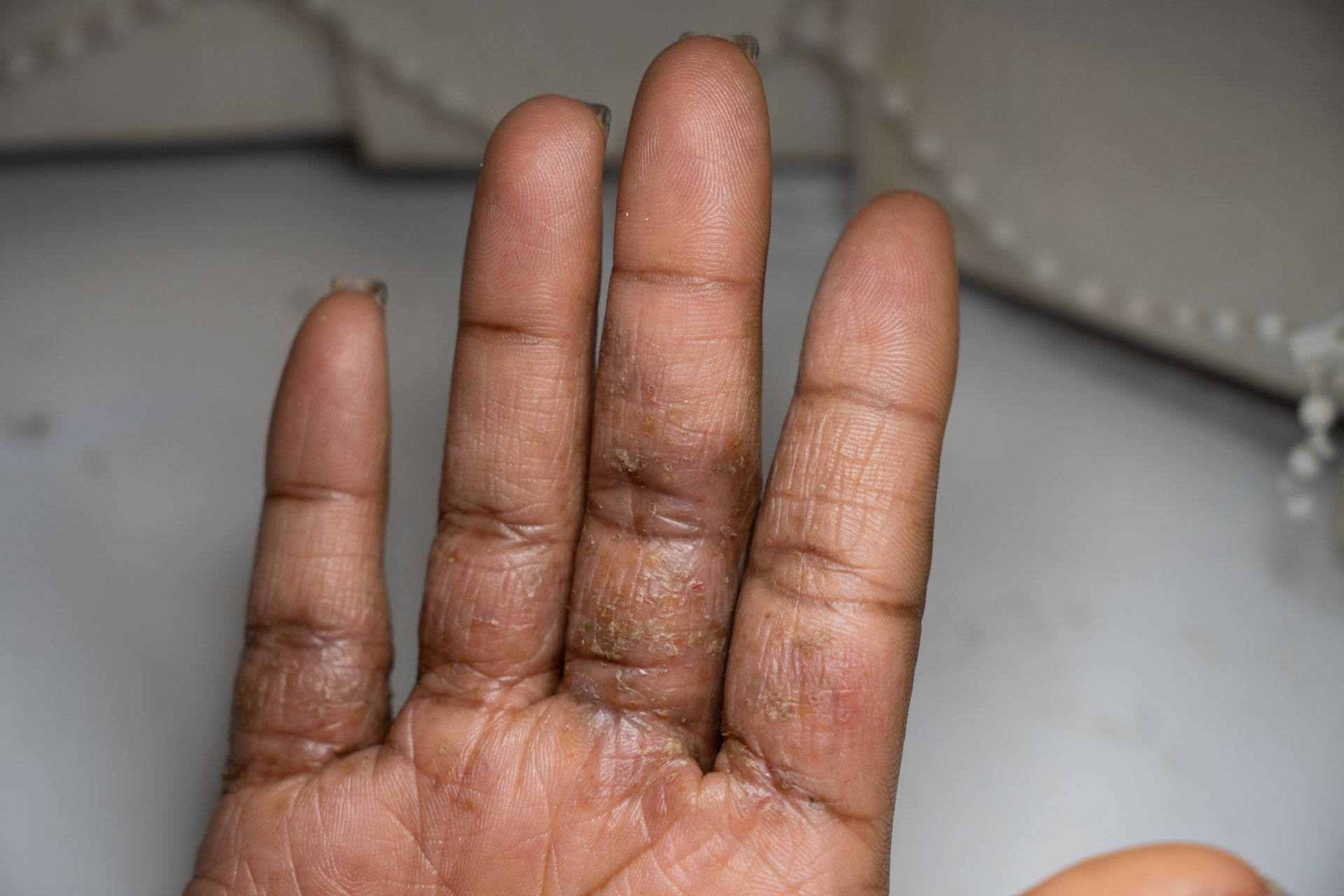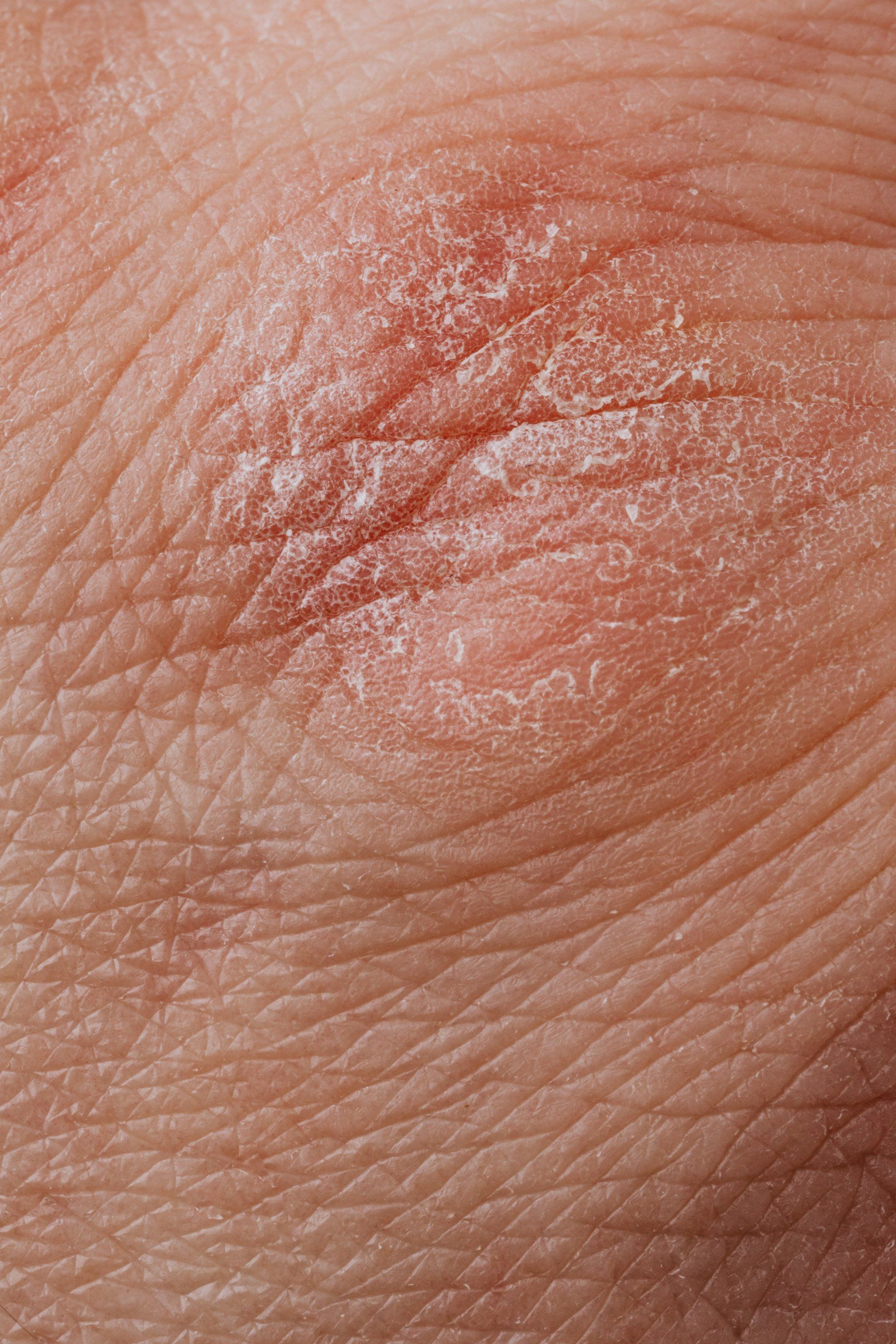Living with food allergies
Food allergies are your body's way of telling you what works and what doesn't...
Coping with food allergies can be challenging, but with proper management and support, you can lead a healthy and fulfilling life. Here are some tips to help you cope with food allergies:
Identify and avoid allergens
Determine which foods trigger your allergies and make a list of ingredients to avoid. Read food labels carefully and be aware of potential cross-contamination risks. In restaurants or social settings, communicate your allergies clearly to the staff and ask about ingredient information.
Plan and prepare your meals
Take control of your diet by planning and preparing your meals at home. This way, you have full knowledge and control over the ingredients used. Experiment with new recipes and explore alternative ingredients to make your meals enjoyable.
Educate yourself
Learn about your specific food allergies, their symptoms, and potential sources of cross-contamination. Stay up to date with new research and resources on managing food allergies. Organizations like the Food Allergy Research and Education (FARE) can provide valuable information and support.
Seek medical advice
Consult an allergist or immunologist to properly diagnose and manage your food allergies. They can conduct tests, provide accurate information, and guide you in creating an allergy management plan. They may also prescribe emergency medication like epinephrine auto-injectors (EpiPen) if necessary.
Build a support network
Connect with support groups, online communities, and organizations focused on food allergies. Sharing experiences and tips with others facing similar challenges can be empowering and helpful. Educate your close friends, family, and coworkers about your allergies to ensure they understand the seriousness and can support you.
Carry emergency medication
If your allergies can cause severe reactions, carry emergency medication with you at all times. This may include an epinephrine auto-injector (EpiPen), antihistamines, or any other prescribed medication. Make sure you and those close to you know how to use the emergency medication properly.
Be cautious when dining out
When eating out, inform the restaurant staff about your allergies and inquire about food preparation methods. Choose restaurants that are knowledgeable about food allergies or have special menus for dietary restrictions. Consider using translation cards or smartphone apps to help communicate your allergies when traveling abroad.
Stay positive and focus on alternatives
Instead of dwelling on foods you can't eat, focus on the wide variety of foods you can enjoy. Explore alternative ingredients and new recipes that cater to your dietary needs. Engage in activities that promote overall well-being, such as exercise, meditation, and hobbies, to maintain a positive mindset.
Remember, coping with food allergies is an ongoing process that requires vigilance and adaptation. By staying informed, prepared, and connected with a supportive network, you can effectively manage your allergies and live a healthy, fulfilling life.




